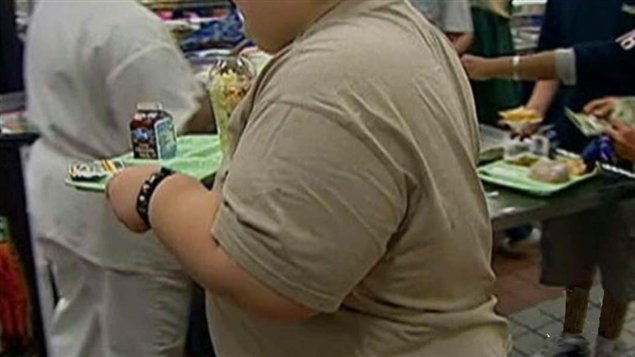A study last year found that fully 1/3 of Canadian children under age 18 were overweight or obese.
The Statistics Canada ,Canadian Health Measures Survey, used World Health Organization standards of measurement. It found that 31.5 per cent of five- to 17-year-olds — an estimated 1.6 million Canadians — were classified as overweight (19.8 per cent) or obese (11.7 per cent) from 2009 to 2011.
Among children aged five to 11, the percentage of obese boys (19.5 per cent) was more than three times that of obese girls (6.3 per cent), the agency said.
Now a study is being planned for Toronto Ontario schools to measure children’s body mass index (BMI). The study will measure some 12,000 students from grade 7 to grade 12 at 160 schools in the city.
The looming public health threat of obesity in childhood and continuing into adult life prompted Ontario Health Minister Deb Matthews to form a specialist panel last year. The Healthy Kids Panel report, tabled earlier this year, made dozens of recommendations, including regulation of low-nutrient and high-sugar foods.
It also recommended implementing a comprehensive system of data gathering, including BMI indexes.
Toronto’s testing,of students is scheduled to begin next year. Participation is voluntary and students will only find out their BMI if they ask. .
In the US, BMI studies in 21 states send sent home letters to parents colloquially called “fat letters”, telling them their child is overweight or obese.
Critics of such letters say they single out students with the potential for bullying, and for creating self-esteem issues. Proponents say the letters lead to changes in diet and habits in many cases.
The looming public health threat prompted Ontario Health Minister Deb Matthews to form a specialist panel last year. The Healthy Kids Panel report, tabled earlier this year, made dozens of recommendations, including regulation of low-nutrient and high-sugar foods.
It also recommended implementing a comprehensive system of data gathering, including BMI indexes, but fell short of recommending that BMI should be used to screen for overweight and obese students at risk of developing long term health conditions.
Toronto’s testing will look at 12,000 students from Grade 7 to Grade 12 at 160 schools across the city. It will be for data collection only. Participation is voluntary and students will only find out their BMI if they ask, and no letters will be sent to parents.







For reasons beyond our control, and for an undetermined period of time, our comment section is now closed. However, our social networks remain open to your contributions.